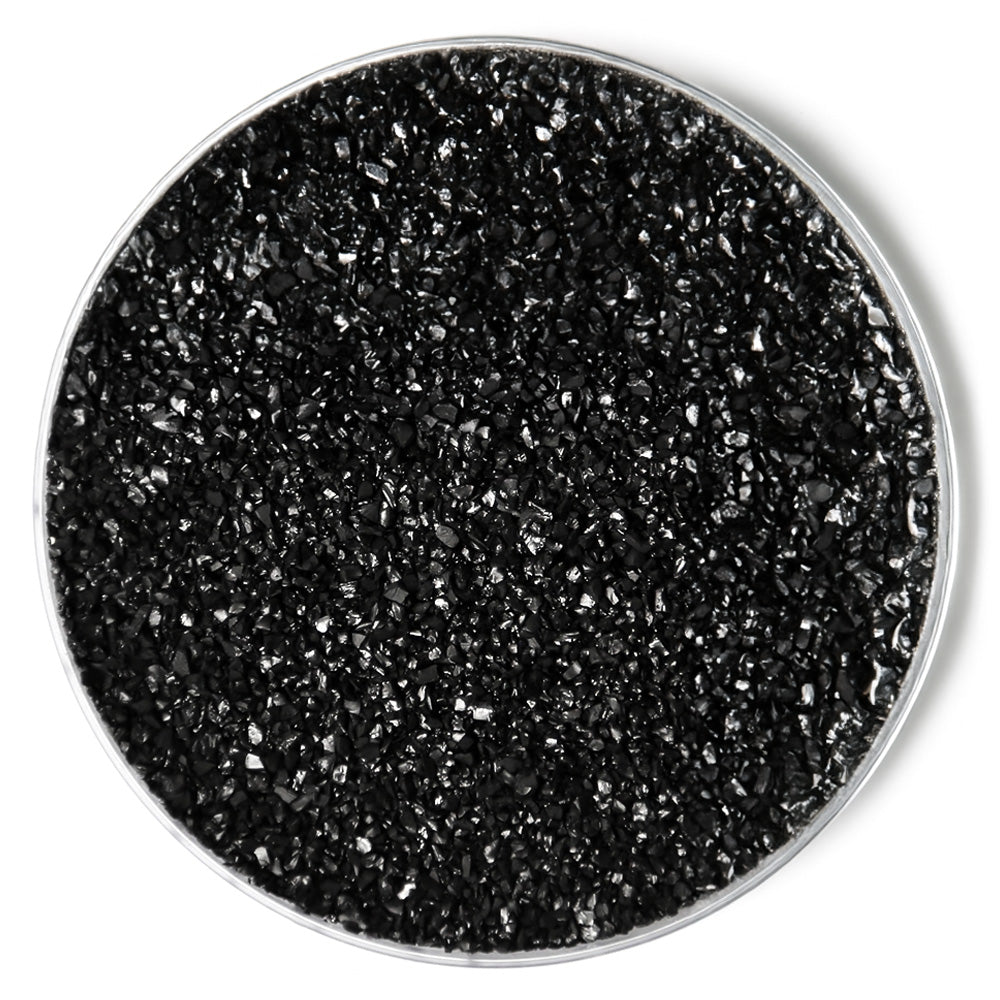
Catalytic Carbon
What is catalytic carbon?
Catalytic carbon is an effective medium for the removal of a wide range of contaminants from water, including chlorines, chloramines, hydrogen sulphides, phosphates, copper, zinc, cadmium, fluoride, iron, and manganese residues.
What are chloramines?
Chloramines are chemical compounds that are formed by combining chlorine with ammonia. They are commonly used as disinfectants in water treatment processes. While chloramines are effective in disinfecting water, they are extremely toxic to fish. To ensure the well-being of your fish, it is essential to remove chloramines from your water.
What is activated carbon?
When it comes to dechlorinating water, adding activated carbon to your filtration system is indeed an effective solution. Activated carbon has a porous structure and a high surface area, which allows it to adsorb and remove a wide range of contaminants, including chlorine and chloramines.
However, it's important to note that not all types of activated carbon are equally effective at removing chloramines. Research has shown that catalytic carbon, which is activated carbon treated with a catalyst, is the most efficient solution for removing both chlorine and chloramines from water.
In comparison, bone char, which is sometimes sold for water filtration purposes, is not as effective in removing chloramines. Bone char is a type of carbon made from animal bones and is primarily used for fluoride removal. While it may have some adsorption capacity for chloramines, it is not as efficient as catalytic carbon specifically designed for chloramine removal.
Why should you choose this catalytic carbon?
This catalytic carbon stands out as the most environmentally friendly water purification product due to its production process, which involves activating natural coconut shells using steam without the use of any chemicals.
The minimum surface area of this catalytic carbon is 1050 m2/g which provides more contact points and active sites for the molecules to interact with, therefore increasing the efficiency of the catalytic process.
Data Sheet
| Parameter | Unit | Spec | Test Method |
| Moisture | % | 5 max. | ASTM D2867 |
| Apparent / Bulk Density | g/ml | 0.520±50 | ASTM D2854 |
| CCl4 Absorption Capacity | % | 55 min | ASTM D3467 |
| Ash Content | % | 5 max | ASTM D2866 |
| pH | - | 7 - 11 | ASTM D3838 |
| Iodine Number | mg/g | 1000 min | ASTM D4607 |
| Surface Area | m2/g | 1050 min | ASTM D6556 |
| Ball Pan Hardness | No | 98 min | ASTM D3802 |
| Peroxide Decomposition Capacity | No | 15 - 25 max | ACPL TM |
| Catalytic Activity Temp Increase | °C | 35 - 40 min | ACPL TM |
| Mono Chloramine Removal Capacity | mg/gm | 150 min | ACPL TM |
| Arsenic | ppb | 5 max | Prop 65 - ICP MS |
We'll ship your order within 24 hours of receiving it.
Get in touch if you'd like to know more about a product before you buy it.

